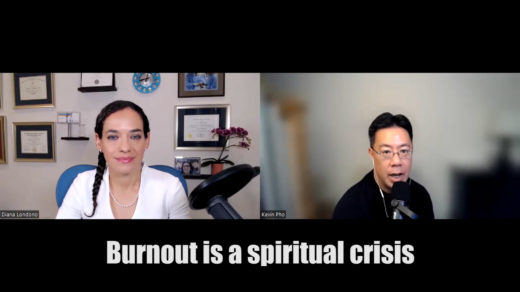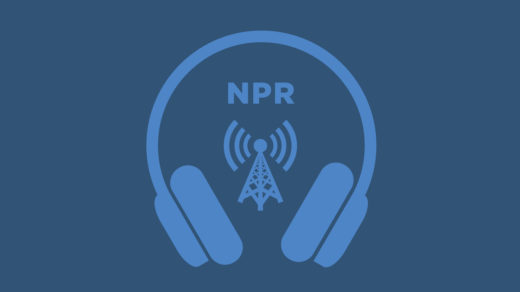SOURCES:
World Health Organization: “Statement on the fifteenth meeting of the International Health Regulations (2005) Emergency Committee regarding the coronavirus disease (COVID-19) pandemic.”
Big Cities Health Coalition: Media briefing, May 2, 2023.
U.S. Department of Health and Human Services: “COVID-19 Public Health Emergency (PHE),” “HHS Office for Civil Rights Announces the Expiration of COVID-19 Public Health Emergency HPAA Notifications of Enforcement Discretion.”
U.S. Drug Enforcement Administration: “Statement from DEA Administrator Anne Milgram on COVID-19 Telemedicine Flexibilities for Prescription of Controlled Medications.”
Medicare.gov: “Medicare & Coronavirus.”
CMS.gov: “The Inflation Reduction Act Lowers Health Care Costs for Millions of Americans.”
Morbidity and Mortality Weekly Report (MMWR): “COVID-19 Surveillance After Expiration of the Public Health Emergency Declaration – United States, May 11, 2023.”
Kaiser Family Foundation: “Commercialization of COViD-19 Vaccines, Treatments, ,and Tests: Implications for Access and Coverage.”
Rajendram Rajnarayanan, PhD, assistant dean of research, associate professor, New York Institute of Technology College of Osteopathic Medicine at Arkansas State University, Jonesboro.
William Schaffner, MD, infectious disease specialist, professor of preventive medicine and health policy, Vanderbilt University, Nashville.
Anne N. Sosin, policy fellow, Nelson A. Rockefeller Center at Dartmouth College, Hanover, NH.
Meagan Fitzpatrick, PhD, assistant professor of medicine, University of Maryland School of Medicine, Baltimore.


